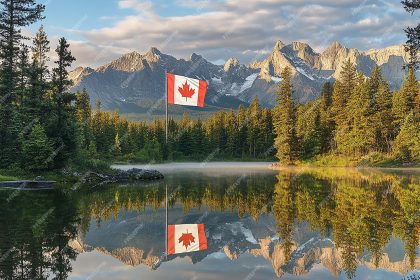With over 100,000 unknown plant species estimated to exist, many of which are at risk of extinction, a new research project led by the Royal Botanic Gardens, Kew, has identified key areas of the world to focus botanical research on.
The study, published in the journal New Phytology, builds on Q’s previous findings that three-quarters of previously unknown plant species are likely to be threatened, including areas of high biodiversity around the world, from Madagascar It has identified as far as Bolivia. These areas are called “dark spots” because, despite their high potential in the field of biodiversity, they have been less studied so far.
Scientists believe that the discovery of these unknown species can lead to significant advances in various fields, including medicine, energy and other innovations. Professor Alexander Antonelli, director of science at Kew and senior author of the study, emphasized the importance of the research, warning that given the high rate of species extinction, many of these plants will be lost before they are identified.
The findings of this study show that Asian regions, especially Sumatra Island, Eastern Himalayas, Assam in India and Vietnam, have the greatest potential to discover new plant species. Also, Madagascar, the Cape Provinces in South Africa and areas in South America such as Colombia, Peru and Southeast Brazil have been identified as focal points of plant biodiversity.
Interestingly, many of these areas overlap with protected areas known as “biodiversity hotspots”. These areas are of particular importance due to their biological richness and the serious threats they face. Dr. Samuel Pieronon, one of the main authors of this research, pointed out the importance of protecting biodiversity, and emphasized that the identification and protection of unknown species is the main prerequisite for achieving global goals in the field of nature protection.
The researchers of this project emphasized the importance of collaboration between scientists and local communities and invited the public to contribute to this global effort by registering images of unknown plants on citizen science platforms. However, they cautioned that arbitrary collection of plants is prohibited due to international biodiversity protection laws and its impact on the survival of species. The findings of this research highlight the vital importance of identifying and protecting unknown plant species. By focusing on the areas identified in this study and strengthening collaboration between scientists and local communities, effective steps can be taken to conserve biodiversity and enjoy its benefits.
RCO NEWS

















